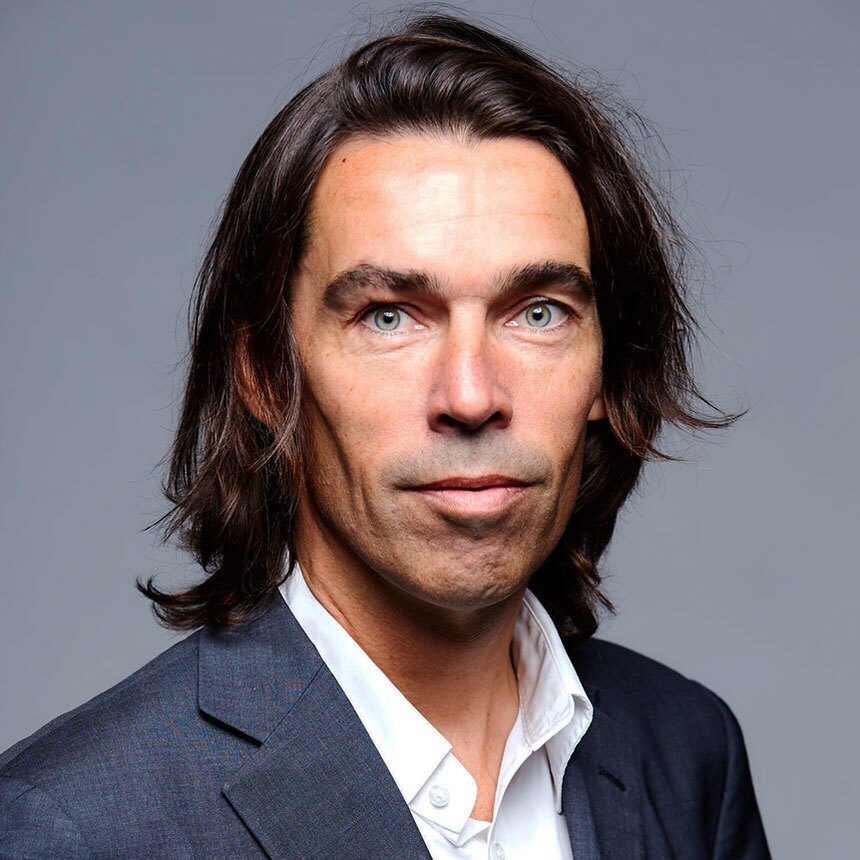MADRID — Hotel owners in Europe are looking to diversify their portfolios across the continent.
While domestic demand is strong in many European markets, hotel executives know their portfolios need to include certain countries to provide necessary returns, according to panelists at last week’s Atlantic Ocean Hotel Investors’ Summit.
Traditionally, Union Investment Real Estate GmbH has had to invest only in Germany and currently has 55% of its portfolio there, said Andreas Löcher, head of department investment management hospitality. But he added, “diversification outside of Germany in this phase of the cycle is key.”
Tugdual Millet, CEO of France-based Covivio Hotels, said his firm has also historically invested in its domestic market. But today, Covivio has only 35% of its assets in France, he added.
“To grow, we need more opportunities [elsewhere] in Europe, to yield a portfolio that gives us more resilience in the long term. That gives us access to different cycles in different markets,” Millet said. “In the last seven years, we’ve done little investment in France.”
Gaël Le Lay, founder and co-CEO of Petra-Hova Hospitality — and a former co-CEO at Covivio — said it's a must to be conscious of the different drivers in each market and to hire local operational knowledge.
Of the firms represented on the panel, Westmont Hospitality Group is likely to be the most geographically diversified currently, said Charles Human, president of business advisory HVS Europe.
Westmont Chief Financial Officer Ashley Krais said many hands are needed to grow scale.
“Commit to the investment in a big and detailed way. When we moved into Europe, into Italy, we committed at the highest level within the company and hired a team that would be successful throughout the lifetime of the hotel cycle,” he said.
Krais said success in hotel investment will come from several co-aligned strategies: buy-in from headquarters; boots on the ground; flexibility to move people around depending on where they are needed; and understanding the legislation such as governance, tax positions and available subsidies in each market.
Union Investment hails from Germany, where strict regulations for some business models often can limit investment, Löcher said.
“In the U.S., where leases hardly exist, we now have an exposure of more than $1 billion,” he said.
Labor issues are consistently a challenge, though union negotiations tend to go a bit smoother in European countries, panelists agreed.
Europa Eureka
Despite the obstacles present in Europe, global hotel investors see a lot of value in the region, Human said.
Yet the effect of high-interest rates on yields might dampen the party spirit, panelists said. It would be difficult to underwrite a yield of less than 6%.
Millet said he has started to see some stabilization in yield but that he would not want to stand before his committee and offer a yield lower than that.
“We also are progressively increasing [capital expenditures], starting some 18 months ago, in [hotels] where we have the best returns. So, we are [in the] slightly selling [camp],” he said.
While most hoteliers believe interest rates will start to fall in Europe, they have not yet stabilized, Millet said.
Le Lay said when those rates are lowered, trading will stabilize and hotel values will increase.
One thing Westmont is not prepared to do is overpay, Krais said.
“We’ve paired up in leases with Invesco in Germany, so we are not averse to risk. … We bought a lease in London, and while it is not the biggest deal you will hear Westmont talk about, it is important nonetheless,” he said.
Risk Curve and Resort Investment
Sometimes taking on risk in hotel investment has proved challenging, but other times it has played out to everyone’s jubilation, panelists said.
Portugal is a market that has nothing systemically wrong but deals Westmont participated in simply did not pan out, Krais said.
“We’d still love to get involved,” he said.
Investing in resorts has definitely paid off as well, Krais said.
“Our heartland is urban and secondary markets, but we have broken all our rules in the last five years, namely with resorts. We bought in Sardinia, and we’re delighted with how that is going. We will do that again with the right opportunity,” Krais said.
Le Lay agreed that resorts provide much return on investment.
“We have clearly discovered that you can make a lot of money in resorts,” Le Lay said.
Millet said resorts are indicative of how investors post-COVID-19 have looked at performance differently.


